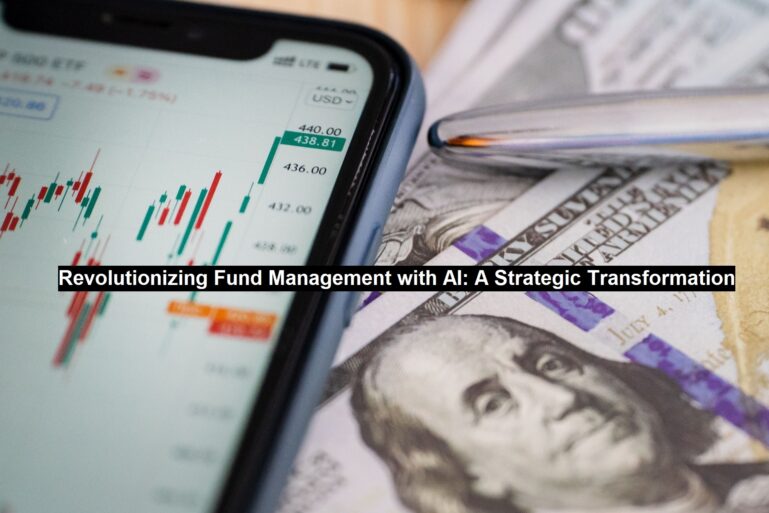Revolutionizing Fund Management with AI: A Strategic Transformation

Artificial Intelligence (AI) has swiftly transitioned from a forward-looking concept to an indispensable component of modern fund management. The financial sector, long defined by meticulous data analysis and prudent risk-taking, is now undergoing a transformation at a scale not seen in decades. As AI technologies mature and become more accessible, fund managers are leveraging them to unlock new levels of efficiency, insight, and personalization. No longer a mere enhancement tool, AI is becoming the strategic backbone of forward-thinking asset management firms.
The Analytical Powerhouse Behind Smart Investing
The central value AI brings to fund management lies in its capacity to process vast amounts of both structured and unstructured financial data. Traditional investment models typically analyze historical data through regression models and human expertise. AI, on the other hand, uses machine learning to detect non-linear patterns, identify correlations, and anticipate outcomes based on real-time global signals. These capabilities empower investment professionals to recalibrate strategies dynamically, identifying risks and opportunities faster than ever before.
Natural Language Processing (NLP) takes this even further by enabling systems to “read” and contextualize news headlines, financial statements, analyst commentaries, and even social media posts. This real-time, qualitative-to-quantitative conversion offers deeper market insight, helping managers respond to both hard and soft signals with agility.
Read: How to Create a Standout Resume for the Digital Job Market
Personalized Client Experiences at Scale
In addition to data and decision-making, AI is redefining how firms interact with investors. Historically, personalized investment advice was the domain of high-net-worth individuals with dedicated advisors. AI democratizes this by delivering highly tailored recommendations based on each client’s goals, risk profile, life stage, and behavioral patterns.
These smart systems can simulate different market outcomes and guide investors through complex financial decisions with clarity. AI-driven digital advisors and conversational chatbots provide round-the-clock engagement, offering clients both immediacy and depth of information. This personalized yet scalable interaction fosters deeper relationships and brand loyalty.
Dynamic Risk Mitigation and Automated Compliance
Risk is a constant in fund management, but AI allows firms to approach it with proactive precision. Advanced models now monitor global economic trends, market volatility, and geopolitical developments in real time. Predictive analytics enables firms to model various risk scenarios, while anomaly detection tools flag unusual activities or shifts before they escalate into threats.
AI also brings efficiency to the regulatory side of the equation. RegTech platforms use AI to parse compliance obligations, monitor transaction flows for irregularities, and generate audit reports automatically. This reduces human error, enhances transparency, and allows compliance teams to focus on high-level oversight instead of paperwork.
Unlocking New Frontiers in Alternative Investments
AI’s ability to process unconventional data types is particularly valuable in alternative asset classes such as private equity, real estate, and digital currencies. For instance, AI can evaluate startups using predictive success indicators, analyze deal pipelines, and assess operational efficiency. In real estate, it can incorporate satellite imagery, urban migration trends, and infrastructure developments to gauge property value growth.
Even illiquid and opaque investments can benefit from AI’s synthetic metrics, which use proxies like sentiment analysis and economic trend modeling to estimate potential returns. This multi-dimensional approach enables investors to diversify portfolios with greater confidence.
The Path Forward: AI as a Core Competency
For fund managers, integrating AI is not merely about keeping pace — it’s about redefining what’s possible. Firms that embed AI across their operational, analytical, and client-facing systems are well-positioned to lead the industry. As AI tools grow more intelligent, adaptive, and intuitive, the line between human insight and machine intelligence will blur — resulting in a hybrid model of fund management that’s more resilient, responsive, and results-driven.
For additional information centered around how AI is reshaping investment management, explore the detailed resource offered by InvestorFlow.
